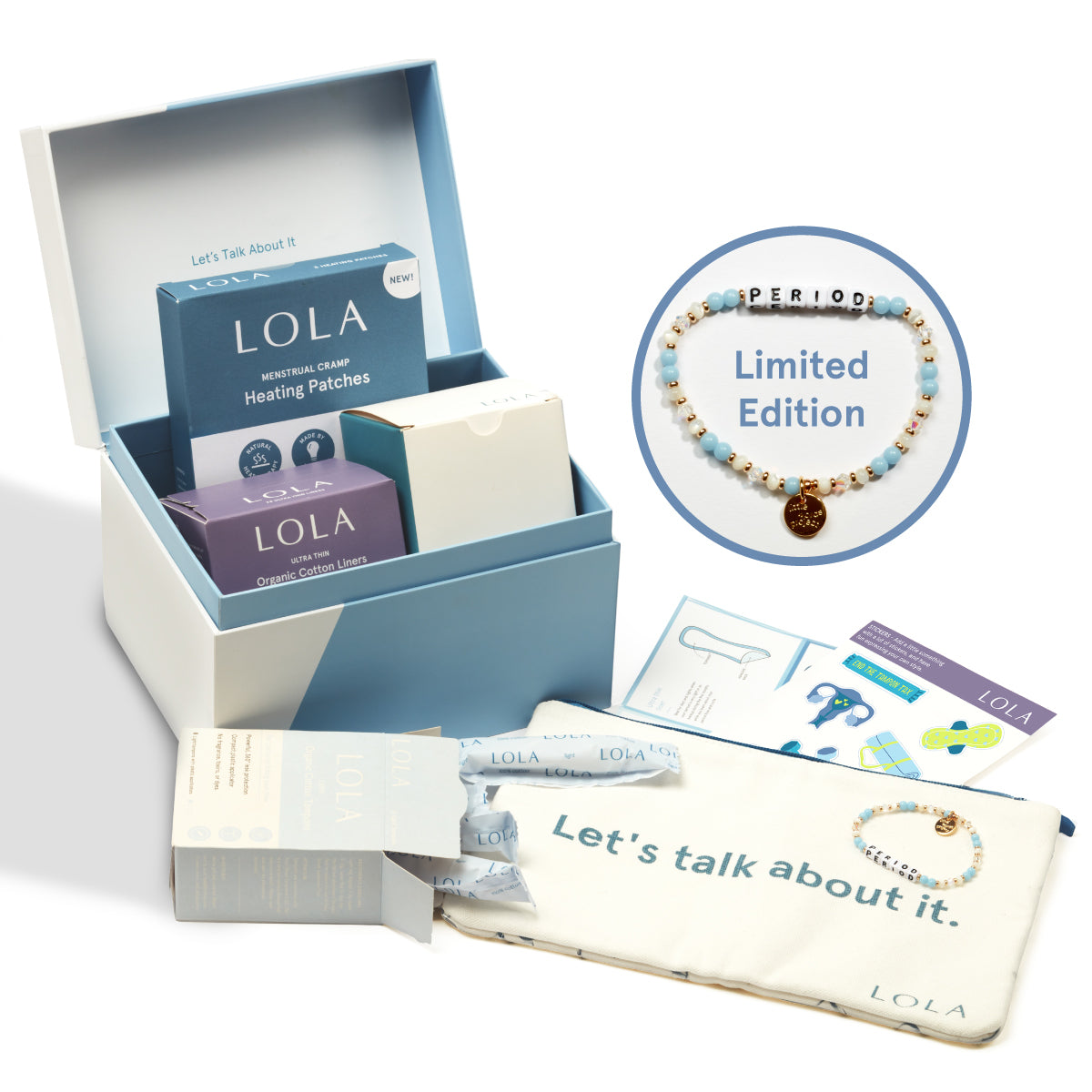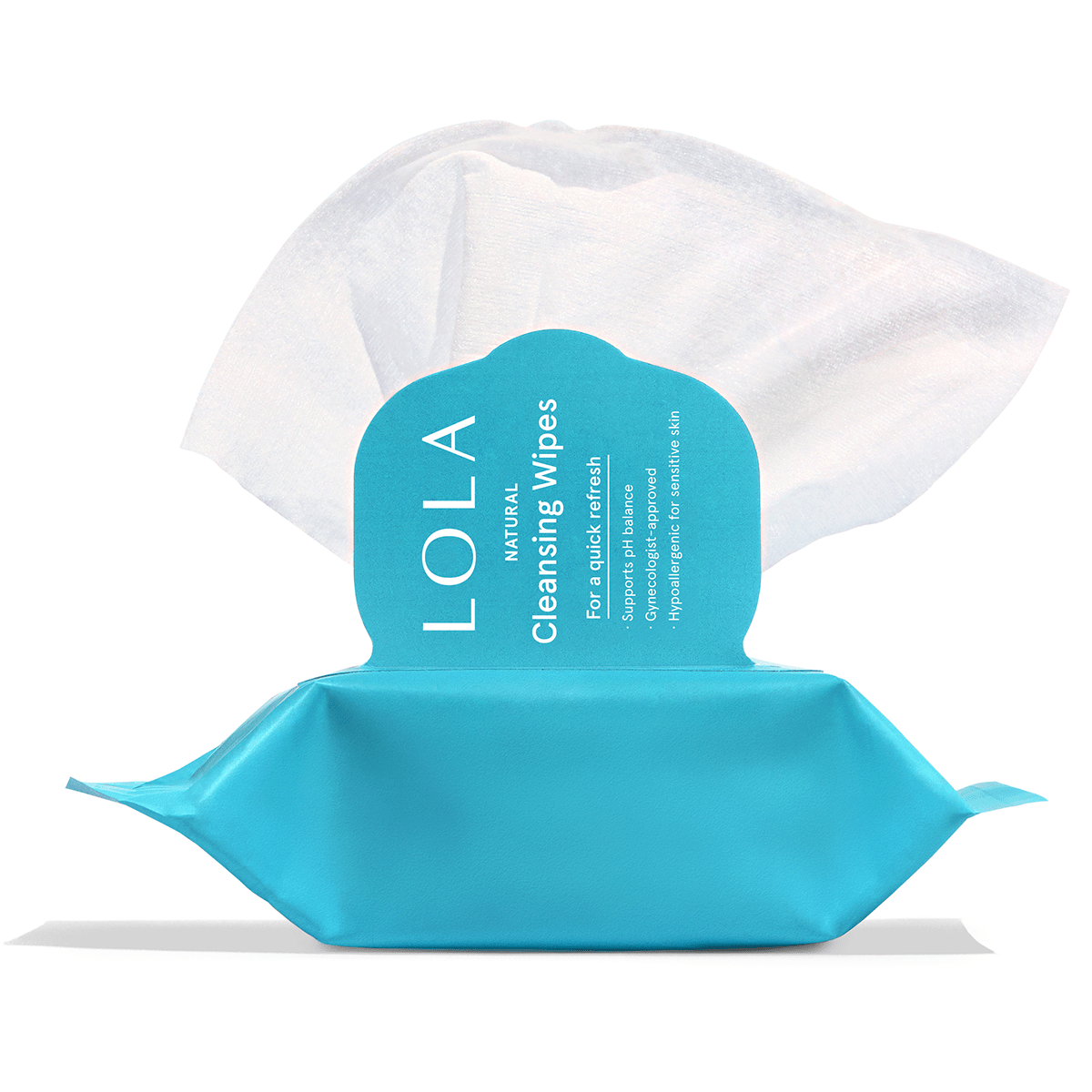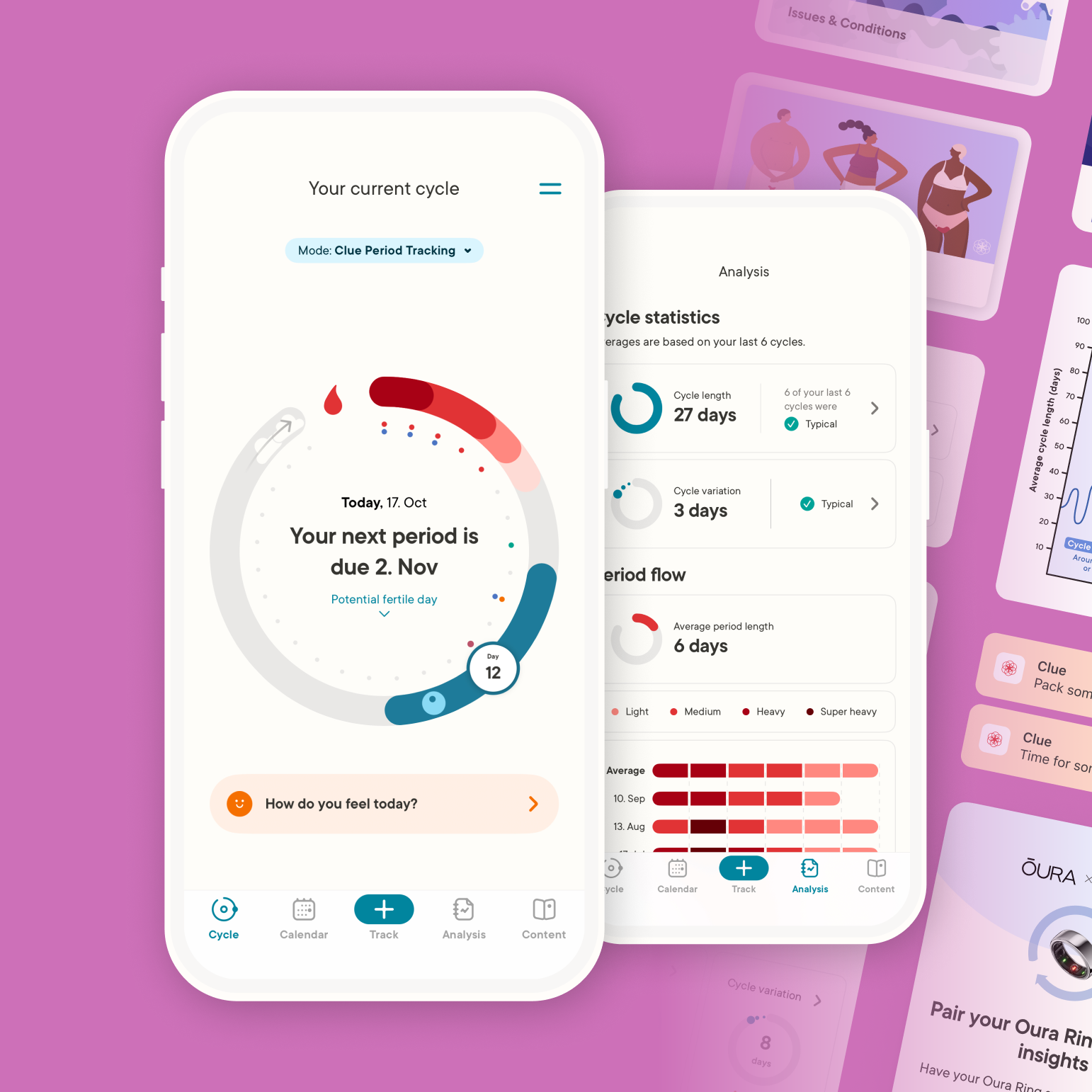I talked to a friend of mine who was pregnant with her baby boy last winter. When I asked her if she had a birth plan, she laughed and said, "go to the hospital, get the drugs, and leave with a baby, hopefully mine."
And that is indeed a type of birth plan. But there's also an opportunity to go more in depth, with possibilities spanning the whole range of births: water births, home births, hospital births, births supported by doulas and midwives, and more.
I had the privilege to speak to two experienced doulas about what might go into a birth plan, so you can make empowered decisions when the time comes. Rachel Taylor is a birth doula and pre- and post-natal yoga teacher based in Arroyo Grande, California. She's a new mama herself, so she talked to us a bit about her own birth plan and birth experience. And English Taylor is a birth doula and women's reproductive health writer in the SF Bay Area.
LOLA: First things first, what's a birth plan?
English Taylor: I actually like using the phrase "birth preferences" rather than "birth plan." It's normal, common, even, for things to not go according to "plan" during birth. Since birth can be unpredictable and make mamas feel like they don't have a sense of control, having preferences can be helpful. They can offer a sense of agency in an unpredictable environment.
OK, back to the question. I would describe a birth plan as a written statement from the birthing person outlining their preferences, desires, requests during labor, birth, and immediately after birth to their care team.
Rachel Taylor: My perspective on birth plans has evolved a lot. The idea was first introduced to me during my prenatal yoga training and doula training. Then, when I got pregnant, I created my own birth plan and experienced the ways my birth did and didn't follow it.
Now, I'd say I look at them as a (very) rough outline, a collection of ideas, and an opportunity to think about some of the really hard questions that come up during birth in advance. During labor, you're not in your calm, rational, thorough mind. So, having the opportunity to think about these really big decisions in advance allows you to consider what you want when you're in a clear-headed thinking space.
LOLA: So, it sounds like flexibility is key. Can you give some examples of what actually goes into a birth plan? What could it look like?
English: Sure, below is a template I've provided past clients with, which includes potential topics and questions to think through. I encourage my clients to talk with their provider and do their own research to make the most informed, intuitive decisions for them.
Personal statement:
Here you can introduce yourself to the care team and express gratitude for care and for taking time to read.
- Who is on your birth team? You can include the names and roles of partner, doula, grandmother, etc.
- What are the most important things to you? If you had to pull out 1-2 pieces of information or an overall vision for your birth and care, what would they be? Think of this as a mission statement.
During labor:
- Interventions or procedures (IV, pitocin, epidural, natural labor)
- Vaginal exams
- Eating and drinking preferences
- How would you like the ambiance in the room to be?
- Who would you like to be present? Are residents OK?
- Which positions would you like to try for labor and pushing?
- Self-directed positioning and pushing, or coaching?
Birth:
- Who do you want to catch the baby? Do you want your partner to help or assist, if possible?
- Who do you want to cut the cord?
- Do you want delayed cord clamping?
- What would you like to do with your placenta?
- How do you want to learn the sex of your baby?
- Where would you like the baby to be placed after birth, assuming there isn't an emergency?
Newborn procedures:
- Vaccinations (vitamin K, hep B, eye medication)
- Weighing and measuring baby
- Breastfeeding
- Bath
- Circumcision
Here's a helpful birth plan resource from the APA.
Rachel: If you're giving birth at a hospital, each hospital has their own protocols and common procedures that staff may expect or encourage you to follow. And different hospitals have different offerings for pain management. It's helpful to know, because you'll want to make sure that what you include in your birth plan is actually an option.
For example, I wrote that I wouldn't want narcotics, but was open to nitrous oxide"“later I found out my hospital didn't even offer that as an option, so I removed it from my plan. And then for other things, it was just really helpful to get clarification. Having an episiotomy was something I was really concerned about (I had heard some doctors do it without even telling you). After talking to my doctor, he promised he wouldn't perform one unless I was in danger of a 4th degree tear and that made sense to me. It was helpful to have the specific wording to include in my birth plan.
If you're giving birth in a hospital and you take a tour, that's a great time to get some of your questions answered. A doula or midwife is also a great resource when it comes to what you should include in your plan. Our doula even went over things my partner could do to support me when we were laboring at home (like a double hip squeeze to take some of the pressure off during my contractions).
For those planning to give birth at home, I'd say midwives are generally really willing to follow the mood and cues of the mom. But, a birth plan can still be helpful because there may still be things that are part of a midwife's routine and process that you'd like to state your preferences on beforehand (e.g. delayed cord clamping, vaccines).
If you're a reader, three of my favorite books to recommend on the birthing process are: The Birth Partner by Penny Simkin, Expecting Better by Emily Oster, and Mindful Birthing by Nancy Bardacke. There's also something called a visual birth plan, which makes your preferences really clear"“you can find some great templates on Etsy.
LOLA: Let's talk about putting the birth plan into action. Where do you put it? Who sees it?
English: For mamas who have a partner, I often encourage the partner to be the "gatekeeper" of the birth plan. This can get them involved and make them feel invested. During our last prenatal visit, I see if they want to be the one to pass out the birth plan to every single person that enters the room if it's a hospital birth nurses, doctors, residents and discuss it with them in detail.
I suggest hanging the birth plan somewhere in the hospital room and giving a copy to the triage nurse or the person who's doing the intake right when we get to the hospital.
Rachel: Great question, this is really important. I've been to births as a doula where the birth plan never gets taken out of the bag (either no one thinks to post it, or it gets posted in an area where no medical staff will see it). I posted mine on huge, super glossy 11x17 paper and posted it on the hospital information board.
Most hospitals have an information board with mom's name, partner's name, baby's expected due date, etc. and most providers will look at that board. We also hung one on the door. It's really important to hang it as many places as possible because, if you're laboring for a while, chances are there'll be a few shift changes. In my experience, some nurses were more supportive of my preferences than others, and it was really helpful to have something concrete to point to, so I could say, "we've already thought this through, and this is what we want."
In a hectic atmosphere, there's no guarantee that staff will read a birth plan unless you ask them to. So, this where your doula, partner, or friend can be a great advocate.
LOLA: Great, anything you'd like to leave us with?
English: I'd just suggest including a sentence about flexibility in your birth plan, perhaps in that mission statement section. You can say something like, "If for some reason these preferences are not possible, please discuss my options with me before moving forward with an alternative and give me and my birth team time to make a decision if possible. Ultimately, my goal is for me and my baby to be healthy and safe."
Rachel: Absolutely. Yes, our bodies are strong and were made for childbirth. But, at the end of the day, birth is unpredictable. Our babies are born in their own way, regardless of our grand ideas of what we want our experience to be like. We can write our hopes and what our rough outline for birth may be, but it's really important not to get married to those options in case another plan would be more supportive or better for our baby in the moment. There's no right or wrong way to give birth, and there's no "gold star" for having birth without any drugs, since that may not ultimately the right choice for you and your baby.













